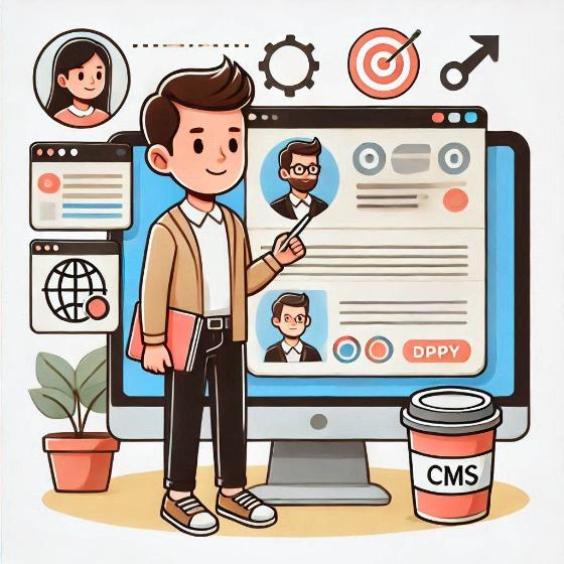5 Common Mistakes in Negotiation and How to Avoid Them
Negotiation is a fundamental aspect in any business environment. Whether it's to close a deal, resolve a conflict, or simply to reach a mutually beneficial agreement, negotiation is a skill that can make the difference between success and failure. However, many of us make common mistakes that can sabotage our negotiations and lead us to undesired results.

1. Not Preparing Adequately
One of the most common mistakes in negotiation is not preparing adequately. This can include not researching enough about the other party, not setting clear goals, and not developing an effective negotiation strategy. To avoid this mistake, it's important to research the other party, set clear goals, and develop a negotiation strategy that adapts to the needs and goals of both parties.
Example of Effective Preparation
- Research the company and the person you will be negotiating with.
- Set clear and measurable goals for the negotiation.
- Develop a negotiation strategy that adapts to the needs and goals of both parties.
2. Not Listening Actively
Another common mistake in negotiation is not actively listening to the other party. This can lead to misunderstandings and a lack of understanding of the other party's needs and goals. To avoid this mistake, it's important to actively listen and ask clear and concise questions to ensure that the other party's needs and goals are understood.
Example of Active Listening
- Maintain eye contact and show interest in what the other party is saying.
- Ask clear and concise questions to ensure that you understand the other party's needs and goals.
- Summarize what the other party has said to ensure that you understand correctly.
3. Not Being Flexible
Inflexibility is another common mistake in negotiation. This can lead to a lack of creativity and an inability to find innovative solutions. To avoid this mistake, it's important to be flexible and willing to consider different options and solutions.
Example of Flexibility
- Be willing to consider different options and solutions.
- Don't hold onto a single position or solution.
- Look for creative and innovative solutions that satisfy the needs of both parties.
4. Not Using Body Language
Body language is a powerful tool in negotiation. However, many of us do not use it effectively. To avoid this mistake, it's important to use body language consciously and deliberately.
Example of Using Body Language
- Maintain eye contact to show interest and confidence.
- Use open and relaxed gestures to show confidence and security.
- Avoid crossing your arms or legs, as this can give the impression that you are closed or defensive.
5. Not Closing the Deal Effectively
Finally, another common mistake in negotiation is not closing the deal effectively. This can lead to a lack of clarity and an inability to implement the agreement. To avoid this mistake, it's important to close the deal clearly and concisely, and ensure that both parties understand the terms and conditions of the agreement.
Example of Effective Closing
- Summarize the terms and conditions of the agreement to ensure that both parties understand.
- Establish a clear and concise implementation plan.
- Ensure that both parties agree to the terms and conditions of the agreement.
In summary, negotiation is a skill that requires practice and dedication. By avoiding these common mistakes, you can improve your negotiation skills and achieve more effective results. Remember to always prepare adequately, listen actively, be flexible, use body language, and close the deal effectively.





